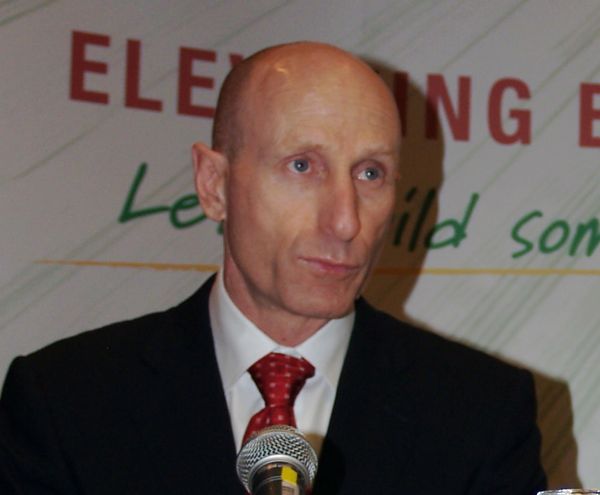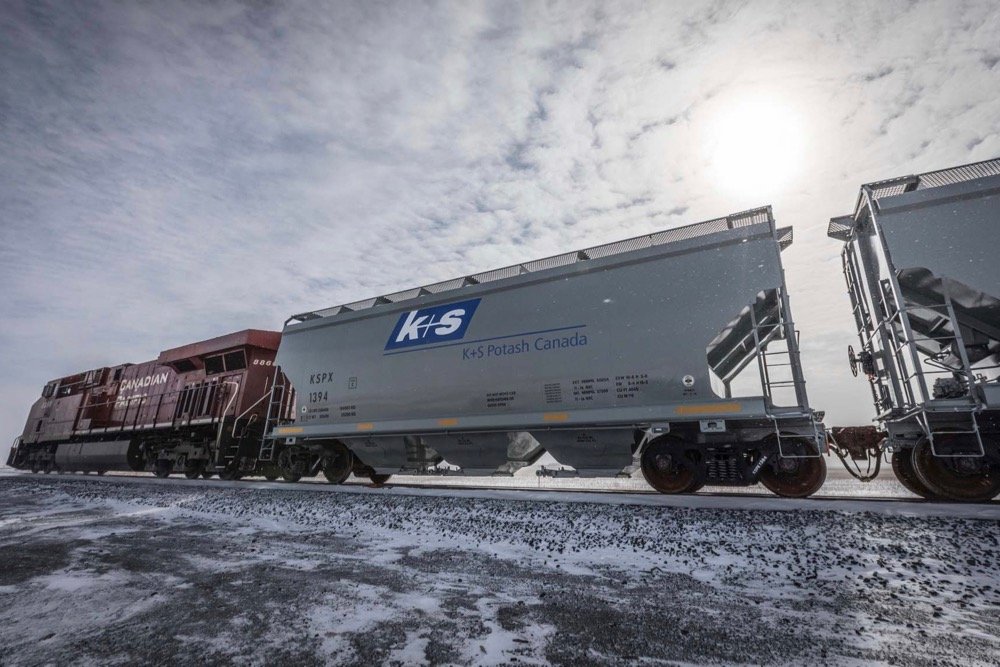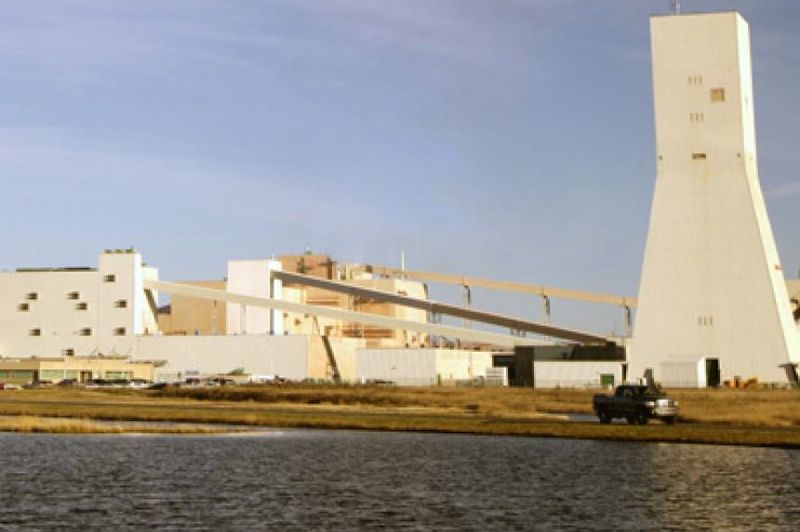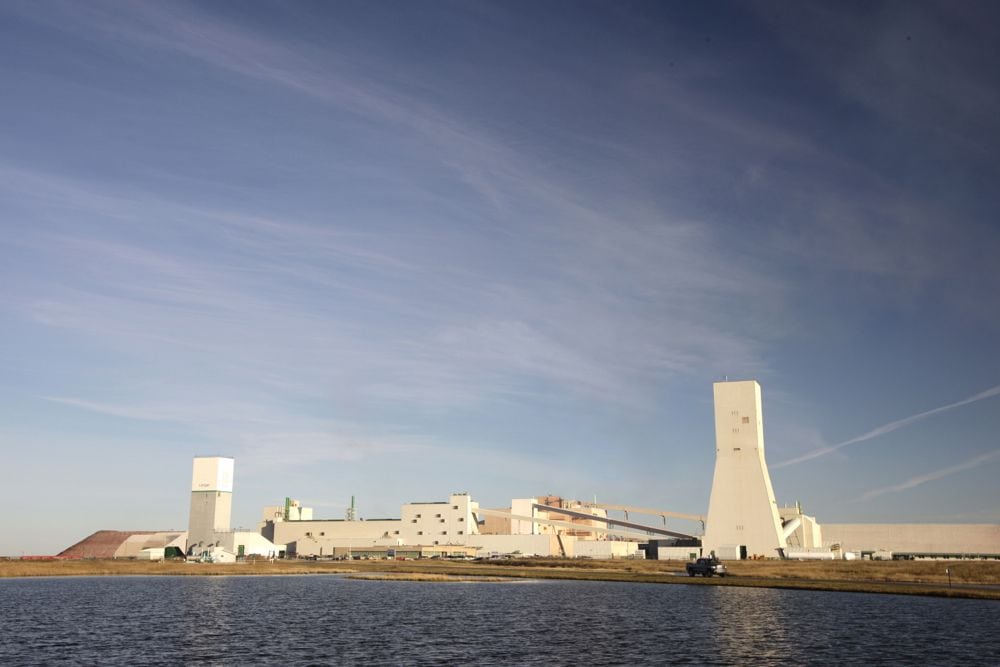Frankfurt | Reuters –– Germany’s K+S signed a supply deal for potash fertilizer from its Legacy mine in Canada, saying the agreement strengthened its position as an independent supplier as it battles an unwanted takeover bid from Canada’s PotashCorp.
The salt and fertilizer producer said it had agreed an exclusive deal to supply Koch Fertilizer with 500,000 tonnes per year of granular potash for Koch’s U.S. customers, representing about a quarter of the mine’s capacity.
“This relationship highlights our position as a reliable and independent supplier in the market,” K+S executive board member Andreas Radmacher said in a statement.
Read Also

U.S. grains: Soy futures post biggest monthly gain in nearly five years on China trade optimism
U.S. soybean futures climbed to a 15-month high and posted their biggest monthly gain in nearly five years on Friday following a rally fueled by the prospect of revived exports to China.
It said it would not provide further details of the deal.
The Legacy mine K+S is building near Bethune, Sask., about 55 km northeast of Moose Jaw, will be the first built from scratch in the oversupplied global potash industry in almost 40 years and is thought to be a motivator of Potash’s 7.9 billion-euro (C$11.4 billion) bid.
The acquisition of the Legacy mine could enable PotashCorp to better control supply in North America and support prices.
K+S has rejected the bid as undervaluing the company but has left the door open to an improved offer.
Scotiabank analyst Ben Isaacson said the agreement was negative for K+S shareholders as it undermined the attractiveness of the company to PotashCorp and would make it tough to keep prices for the commodity above marginal costs.
“K+S continues to make itself less attractive to POT (PotashCorp’s NYSE/TSX symbol). It is challenging to see how K+S is trying to maximize shareholder value (via POT’s offer),” he wrote.
“Institutional K+S shareholders we spoke with overnight are frustrated by this move, and correctly so, in our opinion.”
K+S said it had not received any negative feedback from investors about the Koch deal.
— Reporting for Reuters by Andreas Kroener and Georgina Prodhan.











